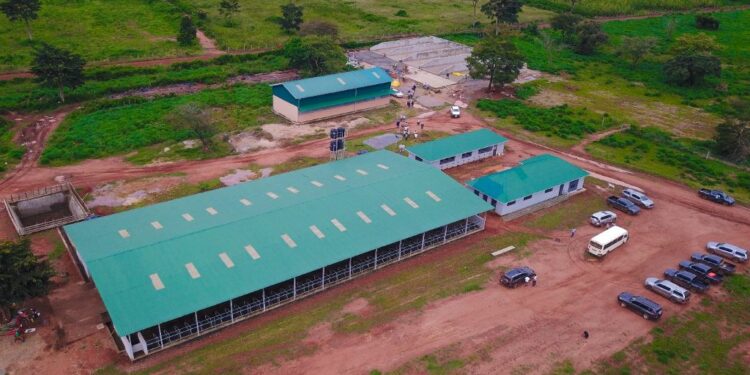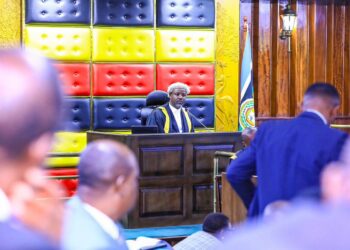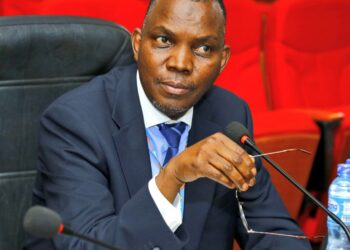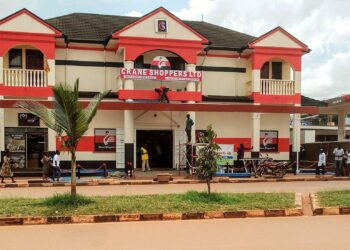### Betrayed Promises: How Uganda’s Kasolwe Stock Farm Became a Symbol of Squandered Potential—and How to Fix It
### A Vision Derailed
In Uganda’s Busoga sub-region, where poverty runs deep, Kasolwe Stock Farm was launched in the late 1960s on 2,000 hectares in Kamuli District as a bold promise to transform lives. Revitalized in 2019 with a Shs42 billion ($11.5 million) investment, the farm, managed by the National Animal Genetic Resources Centre and Data Bank (NAGRC&DB), aimed to shift 300,000 smallholder farmers from subsistence to commercial agriculture. Its mission included supplying superior livestock breeds, training in artificial insemination, and building infrastructure like feed mills and processing plants for yoghurt and cheese. Yet, six years later, Kasolwe stands as a “white elephant”—a stark symbol of unfulfilled potential, mired in mismanagement and exclusion.
#### Mismanagement and Resource Diversion
The farm’s most glaring failure is the diversion of its resources. Livestock, chicks, and critical equipment—like 11 tractors meant for Busoga farmers—have been redirected to other regions or non-local individuals. This has stalled progress, with the project effectively frozen five years after its relaunch. Former Speaker Rebecca Kadaga has accused the Ministry of Agriculture of undermining President Yoweri Museveni’s economic vision, prioritizing “personal agendas” over poverty alleviation. Stephen Mutege, chairperson of the Busoga Farmers Association, voiced the community’s frustration: “How can a government project in our midst produce chicks weekly, yet local farmers… cannot access them?” Such diversions not only erode trust but deepen inequality, enriching the connected while Busoga remains Uganda’s “headquarters of poverty.”
#### Exclusion of the Community
Equally troubling is the exclusion of local residents. Busoga farmers, the intended beneficiaries, are denied access to farm outputs, training, and jobs. Top management roles are filled by non-locals, violating principles of local content. In May 2025, Kadaga threatened a community takeover, declaring: “I will command the community to take over the farm. It was meant to benefit the people of Busoga, but that has not happened… My people are being denied access, and that cannot continue.” By June, residents were demanding inclusion, their anger underscoring how a community asset has become an enclave for outsiders.
#### Lack of Transparency
Transparency and accountability are sorely lacking. Despite successes like training 160 technicians and developing the Kasolwe Brown Goat—a high-yield, disease-resistant breed—there’s little evidence of widespread impact. Calls for intervention from figures like Senior Presidential Advisor Florence Mutyabule have gone unanswered. While the goat breed, set for nationwide rollout in November 2025, shows promise, its pilot success in Kamuli and Buyende remains isolated, overshadowed by governance failures.
#### A Path to Redemption
Kasolwe’s potential is not lost—it can be salvaged through bold reforms. First, enforce strict oversight with an independent audit body, including community representatives, to track resources in real-time using digital systems to deter corruption. Second, mandate inclusion: at least 70% of staff should be from Busoga, and free access programs must reach local farmers, with training hubs expanded to neighboring districts. Third, forge partnerships with private sectors and NGOs for sustainable funding, leveraging innovations like the Kasolwe Brown Goat to attract investors and position Uganda as a goat export leader, with profits reinvested locally. Finally, empower communities through participatory governance, giving farmer cooperatives a seat on the board to shape priorities.
#### A Call to Action
Kasolwe’s story is a warning of how grand visions falter without accountability. Yet, with these reforms, it could become a model of inclusive agriculture, proving that Uganda’s investments can uplift the marginalized. The time for excuses is over. Let’s demand better—for Busoga, for Uganda, and for the promise of a brighter future.
Do you have a story in your community or an opinion to share with us: Email us at editorial@watchdoguganda.com













